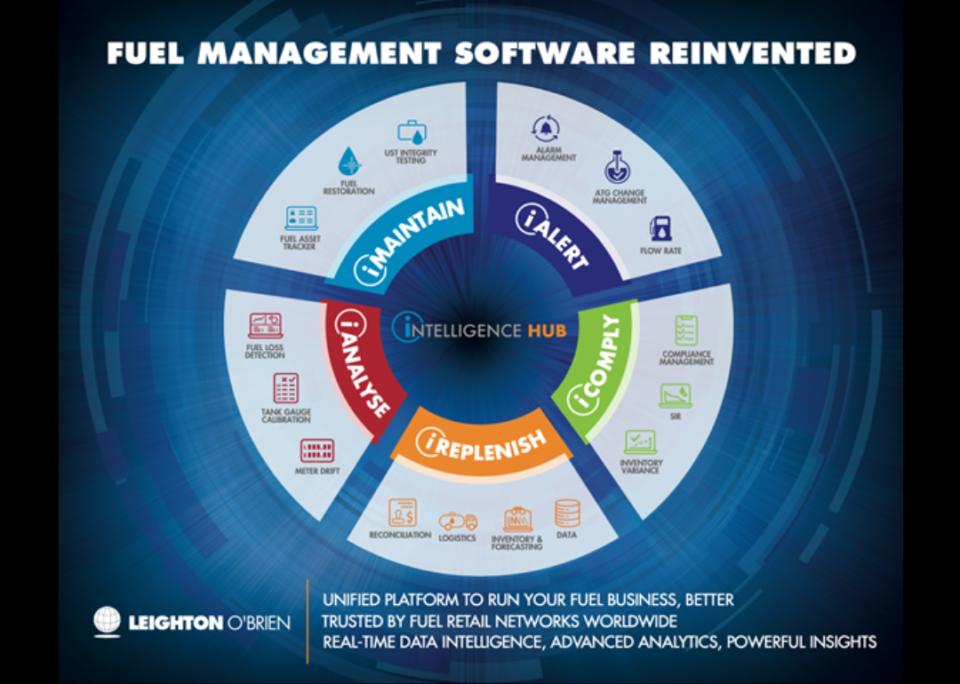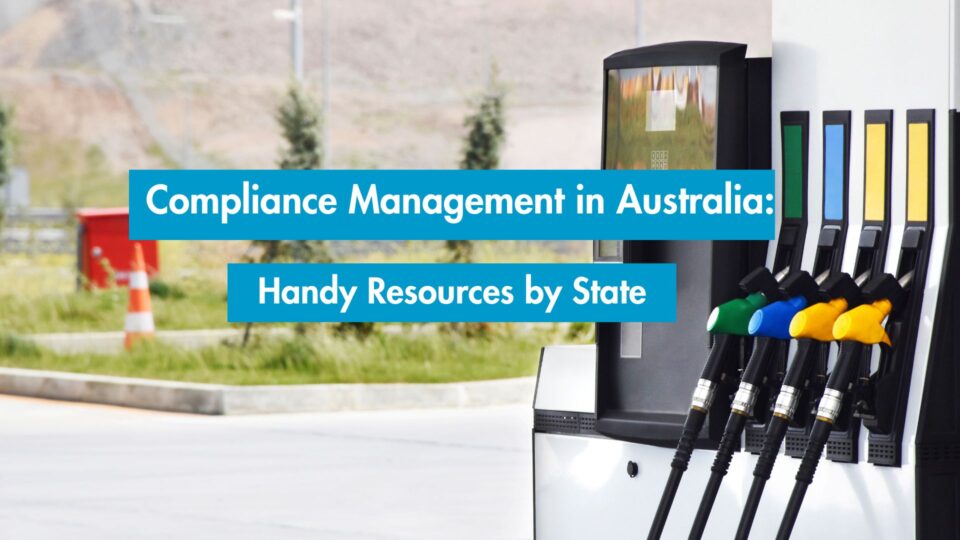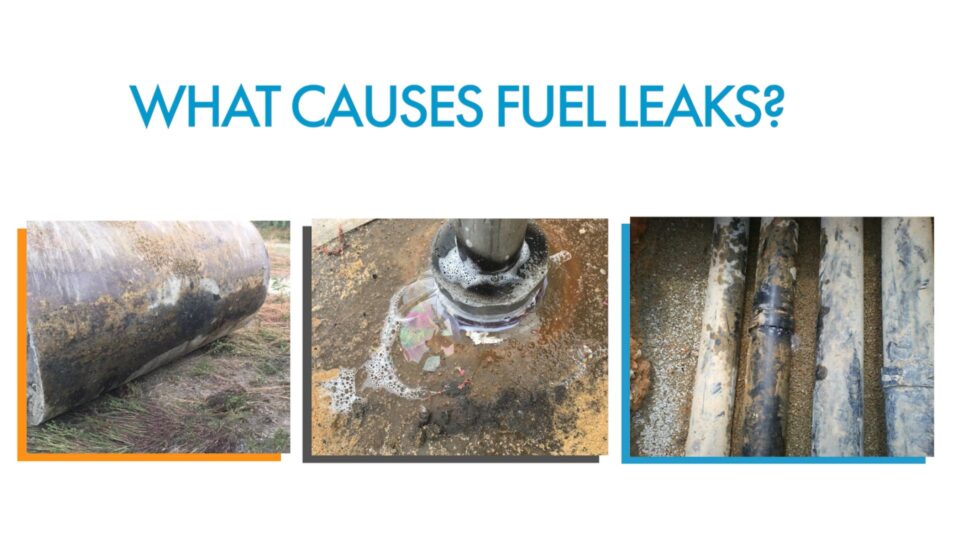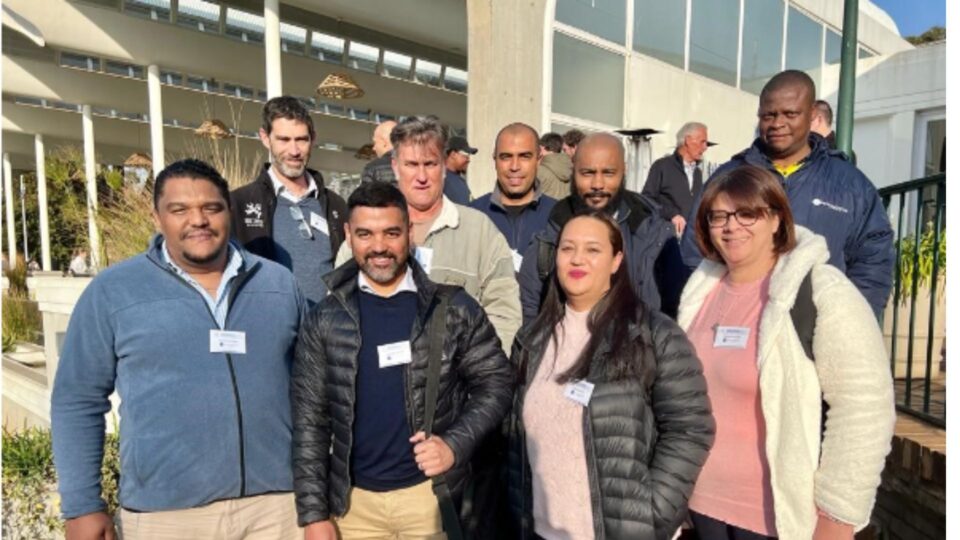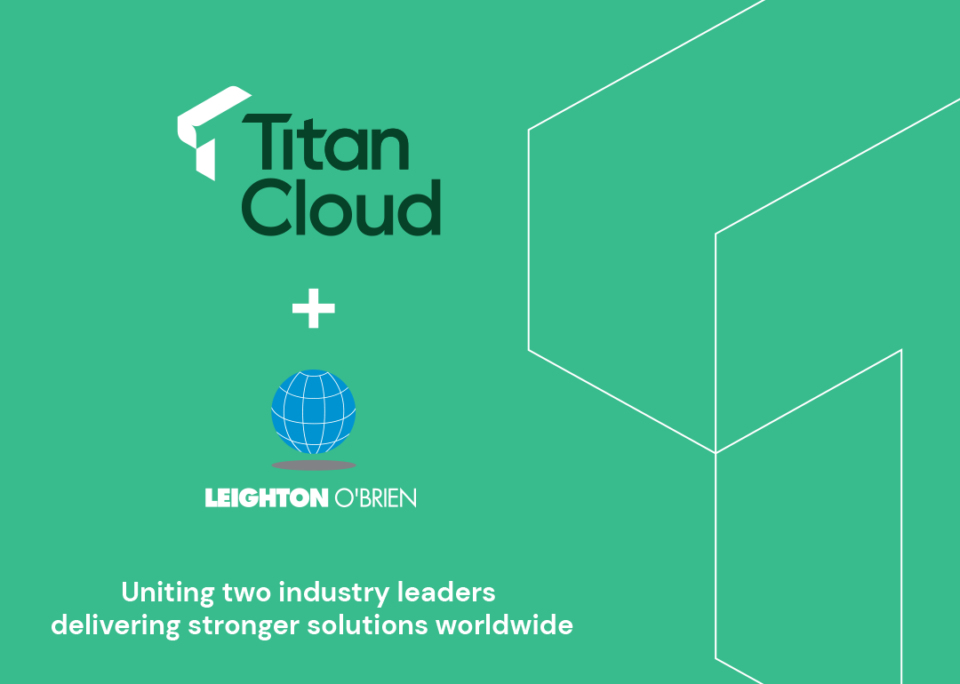- 30.08.2022
- iHUB
The more things change, the more they stay the same
Articles
The more things change, the more they stay the same
By Chris Cooper, Chief Executive Officer at Leighton O’Brien
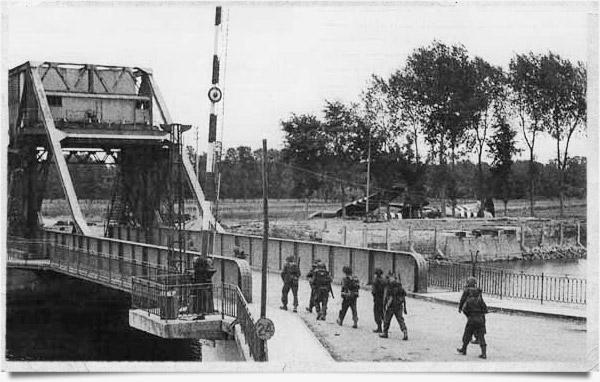
As business around the world starts to normalise once again, more than ever I’ve found myself reflecting on the past. As I prepare to attend the NACS/PEI show in Las Vegas and connect with industry leaders, I’ve become engrossed in studying history and drawing similarities with the global landscape today.
I’ve come to the conclusion that as much as the world changes, there is much that stays the same.
Few would argue that the world is in a state of flux. We have the war in Ukraine, tensions over the Taiwan Strait, pending famines in the developing world, share market declines and a general increase in public skepticism and scrutiny of businesses.
Similarly, within the downstream petroleum market we’re facing increased commodity prices (largely resulting from the aforementioned geopolitical situation), strengthening environmental regulations and ESG requirements, an evolution in the geographical composition of energy suppliers and, of course, the accelerated adoption of new energy sources such as EV and hydrogen.
It can be a struggle to keep up with these significant changes shaping our industry and our world. But is the situation we find ourselves in today that different from our predecessors? As much as we focus on new developments, should we also keep an eye on what remains stable?
Let’s wind back to the clock to the 1940’s. The world is reeling from Germany’s ill-fated activities across Europe, the Middle East and North Africa, Japan is a colonising force across the Pacific (having occupied 25% of China in addition to much of Asia and the Pacific), mass starvations are devastating the global population (including Russia and China), inflation is hitting 28% in the US and the end of WW2 sees banks globally take drastic action to control expenditure, protect investments and maintain cash reserves.
Within our industry, the 1940’s bore witness to supply challenges leading to global fuel rationing, the emergence of Iran and the Middle East into the global supply chain, heightened environmental public concern (resulting in the introduction of the Resources and Conservation Act in US Congress in the 1950’s) and the inception of new fueling technologies (such as the first additive to enable frost inhibition).
I am confident it is not just me who finds this eerily familiar.
For those of us in leadership positions, are there any lessons that we can extrapolate from those that came before us?
Personally, I consider the thirst for meaningful data, the ability to make decisions based on facts, intelligence, and effective communication processes as crucial attributes that enabled strong individuals and businesses to flourish in such uncertain times.
Interestingly, it was the absence of these factors which created the genesis for Leighton O’Brien when our founders, whilst employed by a fuel supplier, were made to stand at the scene of a potential environmental leak and warn passers-by not to light a cigarette given the significant safety risk.
Thankfully, none of what I do can be considered life and death. However, reflections during times such as this often reminds me of the lessons learned from the battle for Pegasus Bridge, which in essence was the starting point for the Allies’ successful D-Day invasions of Normandy in WW2, turning the war in their favour. It’s fascinating to consider how securing a single bridge could have so much impact on the future of the world.
It’s also a case study in comparing the approaches of the British commander in charge of the attack (Major. John Howard) and his German counterpart charged with the bridge’s defense (Major. Hans A von Luck) regarding information availability and their methods of communication.
Essentially – and I hesitate to draw simple conclusions from such complicated situations – the success of the invasion could be attributed to the fact that Major Howard was able to access precise intelligence reports, accurate weather data and plan contingencies should there be challenges within the chain of command availability.
On the other hand, Maj. Von Luck struggled with an optimistic sense of engagement, poor preparation and an inability to make in-field decisions based on actionable data. Ultimately, while expecting an invasion in the near future, this lack of data resulted in the German defense bearing the responsibility of completely ill-informed divisional commanders in the critical early hours of the battle.
The power and use of data is just as critical in today’s geopolitical landscape. Consider the impact of SpaceX’s ‘Starlink’ satellites on Ukrainian forces mobilizing against Russian forces, the intelligence required to determine if an incursion into Taiwanese air space is simply provocative or something more sinister, or modeling which helps ascertain areas of greatest need in our fight against hunger. It’s all data.
Not for a moment would I suggest that what we do is anything like the sacrifices made by past generations on the battlefield. However, I do believe that it is data which often differentiates good leaders from great leaders, no matter the industry. From my perspective, I take great satisfaction in empowering our customers to overcome their challenges and win their ‘battles’ by ensuring data availability, integrity and insight. As our industry continues to evolve (as opposed to changing overnight), so does Leighton O’Brien.
For 27 years, Leighton O’Brien has excelled in collecting, centralising and analysing mounds of data to not only deliver compliance assurance to our customers but demonstrate significant return on investment through unmatched levels of detail and insight to make strategic, informed decisions.
During the NACS/PEI exhibition, the Leighton O’Brien team will be updating the industry on our latest software releases focused on making the most of their data in today’s changing world.
As much as the world changes, the thirst for data remains the same.
About the author

Chris is a proven business leader, with a strong track record of driving profitable revenue growth by identifying key strategic drivers, understanding market shifts, optimally structuring business units, aligning people and fostering a customer-centric culture.
He has deep international experience and industry connections, outstanding strategic, commercial and M&A expertise, a disciplined performance and business process focus, and a high level of professionalism and integrity.
Chris was appointed Chief Executive Officer in February 2022. He was previously Chief Operating Officer and prior to that Global President of the company’s Field Technologies division.
Ready to learn more?
If you’d like to connect with Leighton O’Brien’s team and find out more about our latest releases or schedule a meeting at NACS Show 2022 please get in touch with us.
